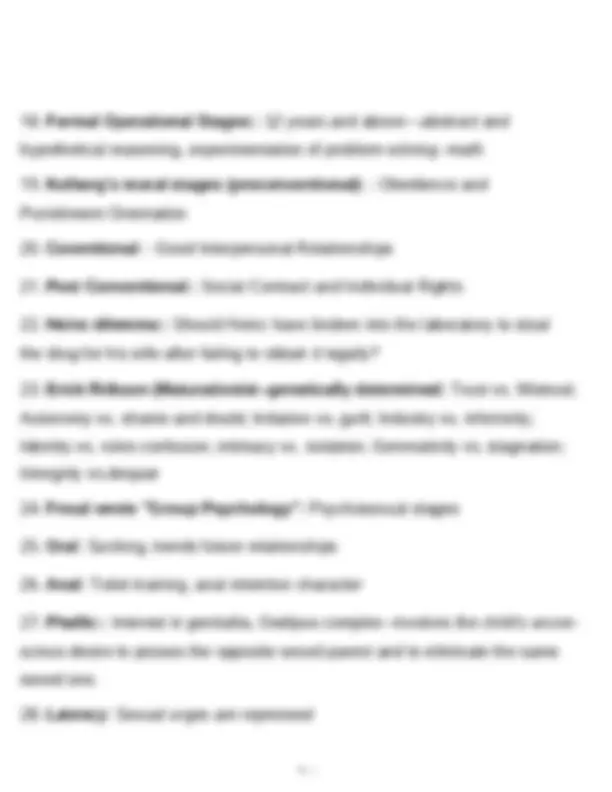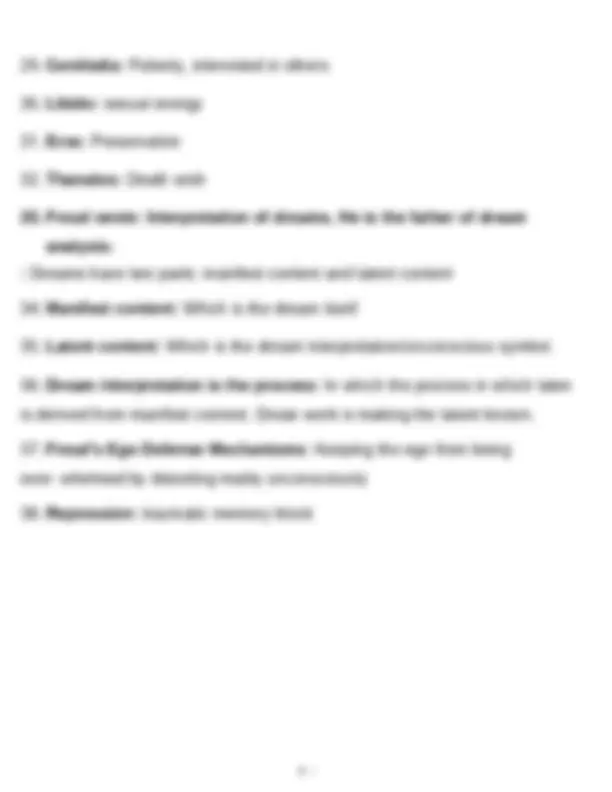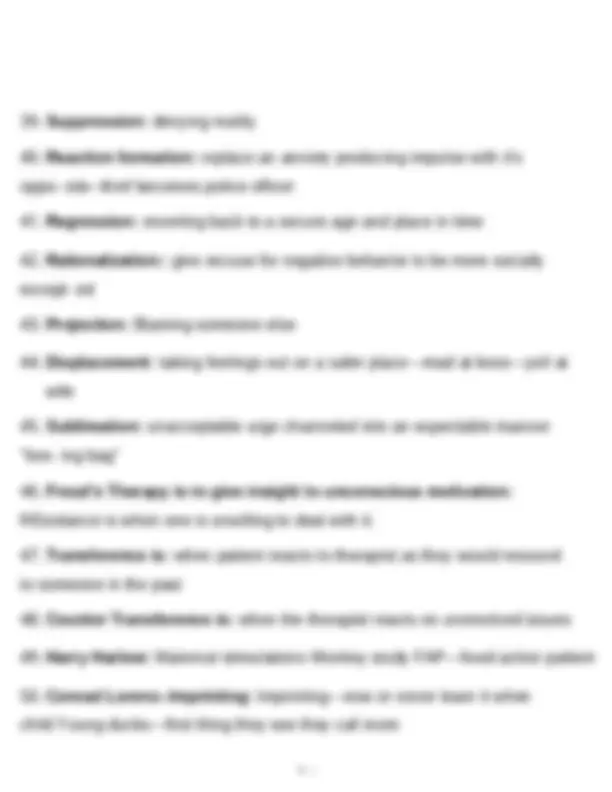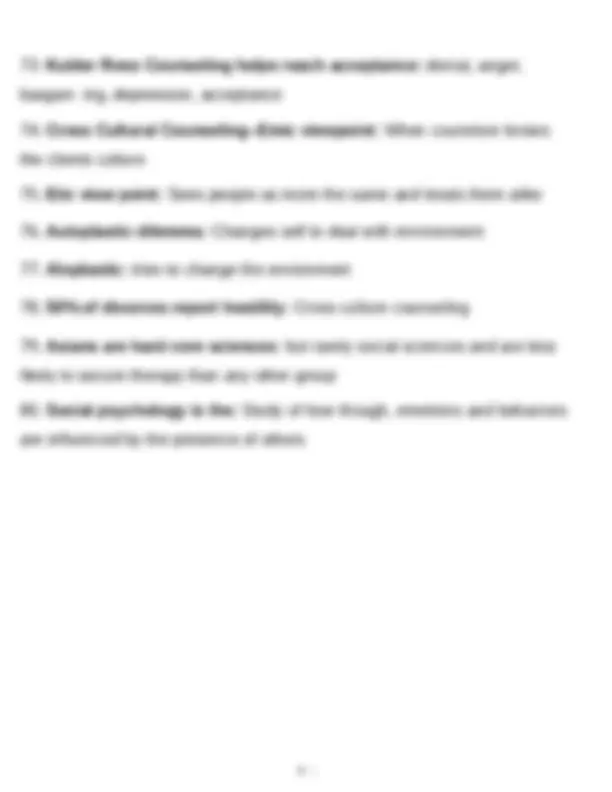







Study with the several resources on Docsity

Earn points by helping other students or get them with a premium plan


Prepare for your exams
Study with the several resources on Docsity

Earn points to download
Earn points by helping other students or get them with a premium plan
Community
Ask the community for help and clear up your study doubts
Discover the best universities in your country according to Docsity users
Free resources
Download our free guides on studying techniques, anxiety management strategies, and thesis advice from Docsity tutors
1. NCE practice exam for counseling licensure 2. Free NCE sample questions and answers 3. NCE exam study guide for mental health counselors 4. Best online NCE practice tests for 2023 5. NCE exam preparation tips and strategies 6. How to pass the NCE exam on first attempt 7. NCE practice exam with explanations 8. NCE exam content areas breakdown 9. NCE practice questions for human growth and development 10. NCE exam anxiety management techniques 11. NCE practice test for social and cultural diversity 12. NCE exam time management strategies 13. NCE practice exam for career development counseling 14. NCE exam study schedule for working professionals 15. NCE practice questions for counseling and helping relationships 16. NCE exam scoring and passing requirements 17. NCE practice test for group counseling and group work 18. NCE exam retake policy and waiting period 19. NCE practice exam for assessment and testing in counseling 20. NCE exam accommodations for test-takers with disabilities
Typology: Exams
1 / 9

This page cannot be seen from the preview
Don't miss anything!






personality